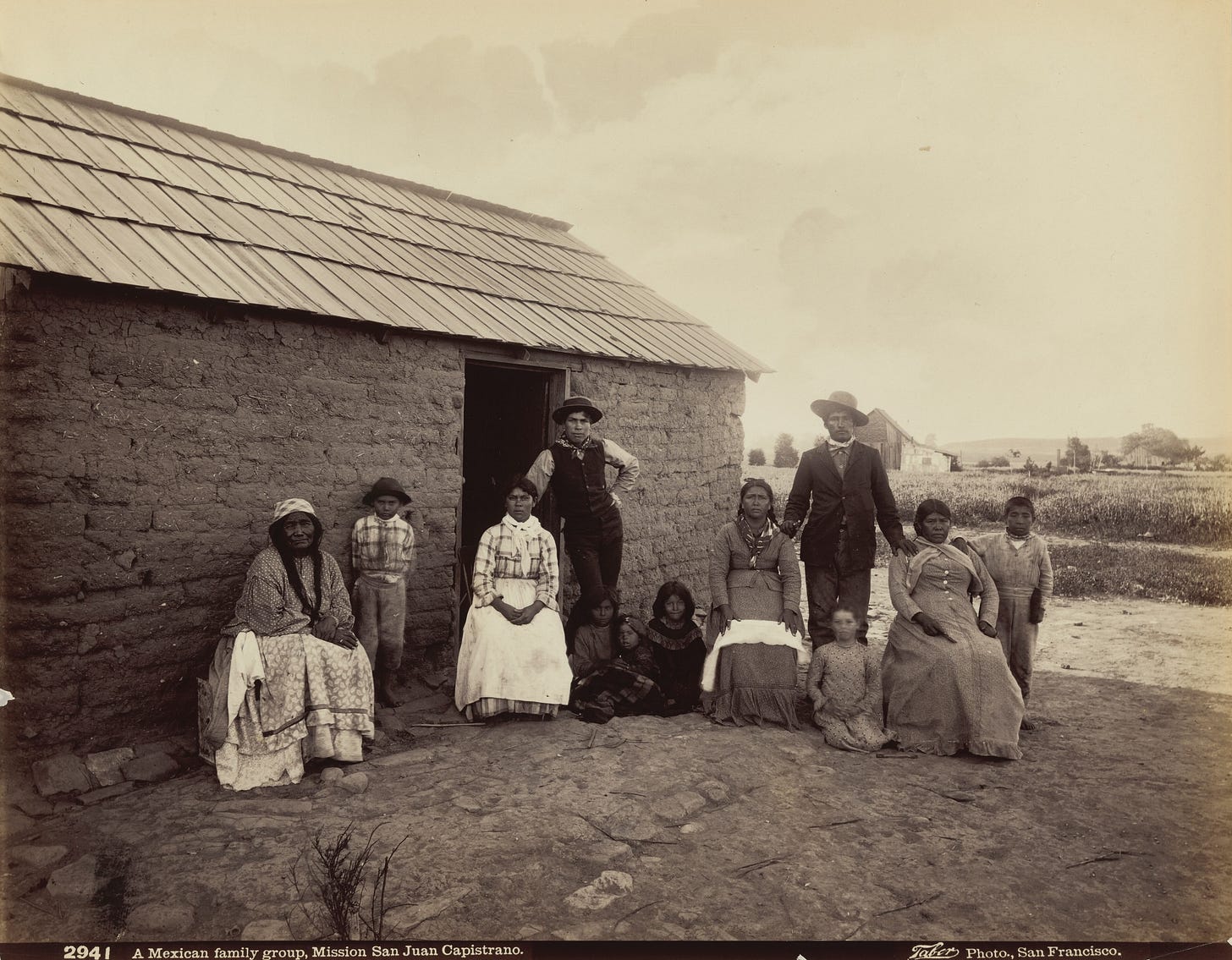
AUTHOR NOTE: My father was born outside of what was referred to as the continental United States and struggled to raise his “first generation” family in an Anglicized land. The challenge was how to indoctrinate his Native-Mexican children into the “white society mentality” or middle-class America. Yet, somehow preserve the rich, full culture, heritage and traditions that ran through his veins. What follows are two pieces that pay homage to his plight.
PAPA TRIED
Papa tried hard.
In a lot of ways
he succeeded.
In others
he knew what was inevitable.
At times I could see the battle scars,
Etched sharply,
Yet somehow symmetrically arranged
about his face
to create a certain harmony
that belied his ambivalence
from the daily wars he fought within himself
to bring up la familia in an Anglicized society.
He wanted more than the khakis, chinos, bandanas,
and Pendleton shirts that life in los barrios offered his hijas
Yet,
In order to afford the Sears and K-Mart clothes
the neighborhoods of middle-class America offered,
he was forced to put la Familia to work in the fields
on weekends and during summer break.
We learned the value of the dollar at an early age.
And again, as if by magic,
Papa succeeded
for we were not corrupted by the value
placed upon the dollar.
Yet,
It was inevitable,
the children laughing and playing in the fields,
bonded by childhood camaraderie of culture
shared lifestyles
sowed the first seeds of wonderment about
what life in los Barrios was like.
I wasn’t much different than today’s youth
at least not in the sense that we all inherit
our own generation’s woes left behind by the
tradition of our ancestors and elders
who precede us.
Thus,
I inherited my father’s ambivalence, and
his daily wars.
ONE OF THE FORTUNATE ONES
I was born one of the fortunate ones; if that’s what you want to call a Native Mexican who is born north of that ‘imaginary’ line called the border. A line that divides our land in two and calls one half Mexico, and the other half the United States. This imaginary, yet physical, line seems to have also created a division in the culture of our people — or has it?
Yes, I’m one of the fortunate ones. I went to some of the better schools that this side of our land has to offer. As a child, I had the opportunity to learn a lot. I learned what prejudice is, and how this communicable disease affects the minds and hearts of those who, unfortunately, contract it. I learned what racism is, and how this deadly virus is responsible for hundreds of thousands of deaths. Yes, racism’s hands are well bloodstained. I also learned a wide vocabulary of words, words that don’t even appear in the dictionary! Words like beaner, chili-chocker, taco-bender, wet-back, spic, and let’s not forget hey esse … just to mention a few. Yes, I learned a lot in my younger years.
Now that I’m older, I’m still learning a lot of those same childhood lessons, only this time I’m being taught by my (own) people. I’m learning the same people my father spoke so highly of, and I always admired so much, are infected with that disease called prejudice.
Some of my fondest memories are those of my father coming into my room late at night to tell me stories about my people, as he put it. A people rich in culture and pride. Others are of the trips we would take to Arizona, Mexico, and other parts of the land to watch Los Yaquis dance, and other celebrations … such precious times. He would tell me, “Mi ‘jo, these people are your blood. As rugged as they look, they’re very beautiful people … don’t ever forget who you are or where you come from.” And, as we were picking tomatoes in San Jose, or oranges in Fresno, he would say, “Look around Mi ‘jo, you see all these people, they are your people, too. They are your heritage, your blood … it’s something to be proud of. They are hard workers. They have strong family beliefs, and are not afraid to put in a honest day’s work (for an honest day’s pay?) Always remember who you are and where your blood comes from. Be proud of your heritage.” | RM
